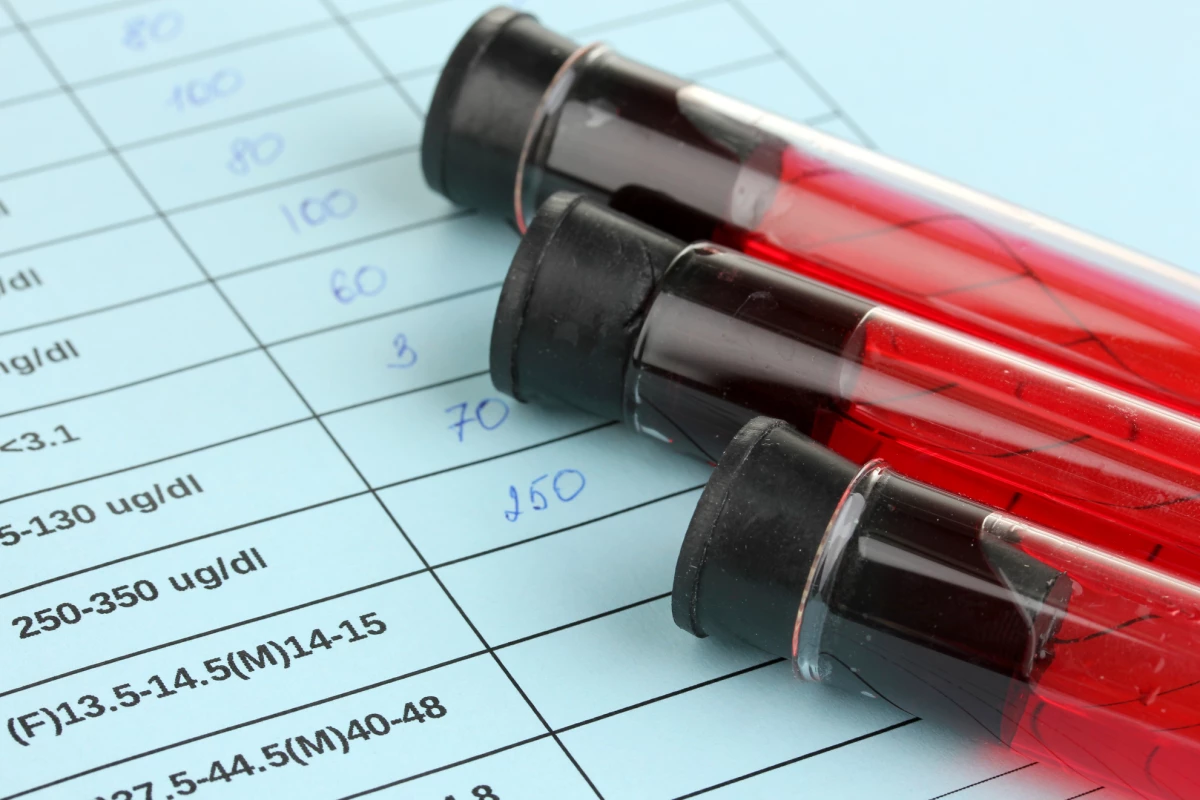A new blood test is promising a non-invasive way for clinicians to diagnose and classify brain tumors. The test will need further verification before it reaches clinical practice but it points to a novel way for doctors to detect brain cancer without the need for surgical tissue biopsies.
Over the last few years scientists across the world have been refining a novel cancer diagnostic based on detecting minute volumes of circulating tumor DNA (ctDNA) in blood samples. The big challenge in developing these tests has been designing an approach sensitive enough to measure these ctDNA fragments.
Previous research has suggested the technique can effectively detect tiny traces of ctDNA in blood samples, however, it has been unclear whether brain tumors could be picked up by the test. It had been thought the blood-brain barrier may block any movement of ctDNA from the cranial region, so while this type of test could be useful for some cancers it would not be able to catch brain tumors.
But new research, led by scientists from the University of Toronto, honed the sensitivity of this liquid biopsy approach to successfully detect the presence of brain cancer in blood plasma samples.
“… because this test is so sensitive in picking up even small amounts of highly specific tumor-derived signals in the blood, we now have a new, non-invasive way of detecting and discriminating between common brain tumors – something which was long thought impossible,” says Gelareh Zadeh, co-senior author on the new study. “This really is a tour de force.”
Going further than merely detecting the presence of a brain tumor, the researchers utilized a machine learning approach to study a large volume of different ctDNA fragments. This allowed the researchers to successfully distinguish different types of brain tumors with a greater accuracy than any current non-invasive diagnostic technique.
"The possibility to map epigenetic modifications genome-wide, combined with powerful computational approaches, has brought us to this tipping point," says co-senior author Daniel De Carvalho. "Molecular characterization of tumors by profiling epigenetic alterations in addition to genetic mutations gives us a more comprehensive understanding of the altered features of a tumor, and opens the possibilities for more specific, sensitive, and tumor agnostic tests."
Another recently published study has demonstrated the efficacy of this particular ctDNA test in detecting early-stage kidney cancer using either blood or urine samples. It is unclear how long it will be before this test is available to doctors but the researchers do suggest more work is necessary to independently validate these results in large cohorts.
The new study was published in the journal Nature Medicine.
Source: University Health Network




